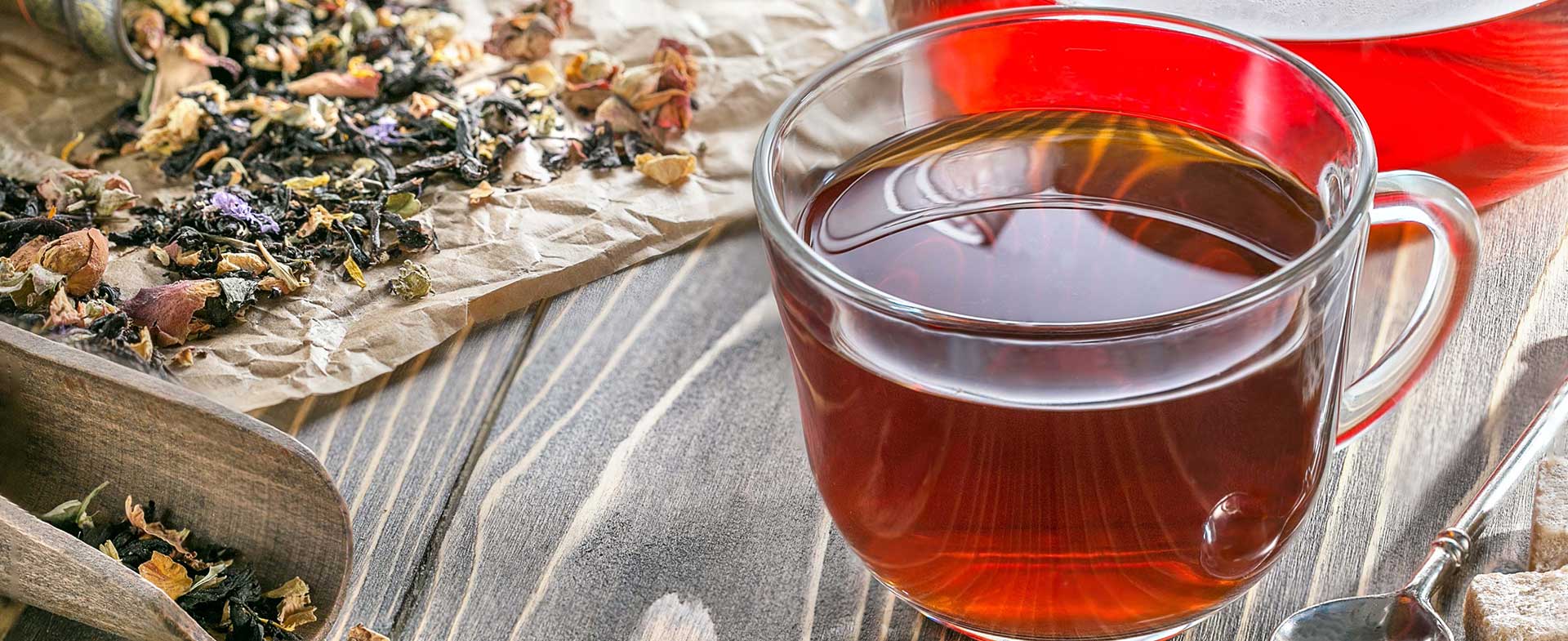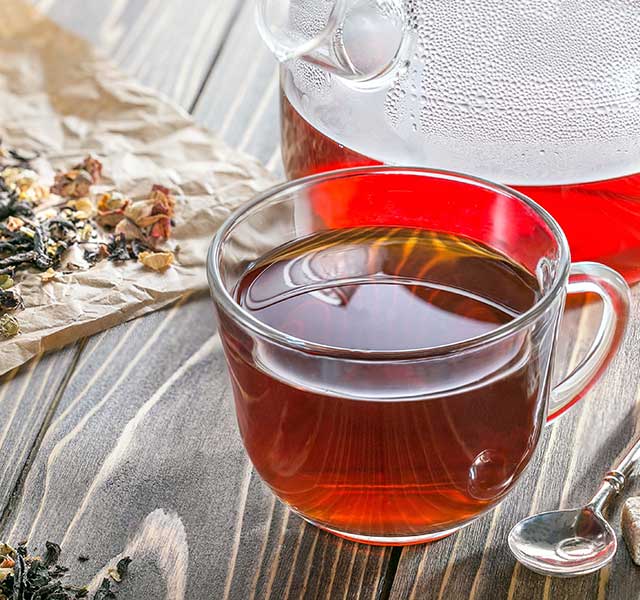Tea may be one of the world’s oldest drinks, but in recent years, the health and wellness world has been buzzing about “fit tea,” “skinny tea” and “tea-toxes” (using tea as a detox). While most of the claims are all hype, there are plenty of benefits to drinking tea. Whether black, green or white, tea leaves contain powerful disease-fighting compounds. Plus, studies suggest drinking tea can protect your heart, reduce your risk of cancer and may even help you shed a few pounds.
But you can get too much of a good thing — particularly when it comes in a bottle. “Tea is promoted as a health beverage, but not all teas are created equal,” cautions Kelly Nohl, a registered dietitian nutritionist at Henry Ford Health.
Tea Time?
No matter which type of tea you choose, there are certain guidelines you should follow to reap the health benefits. Here, Nohl provides a sensible guide to drinking tea.
- Pay attention to color: Green, black, white and oolong teas all have similar benefits. In every case, the darker the brewed tea, the more disease-fighting compounds in your cup. So let your tea bag (or tea ball) steep until your tea turns dark.
- Beware of extras: While people are more likely to dump sugar, cream and flavoring syrups in their coffee, these add-ons are also common in tea. Coffee shops that cater to tea drinkers may offer chai tea lattes, syrup-infused tea and other tea drinks that come with added fat and sugar.
- Consider herbals: If you’re concerned about caffeine, herbal teas typically have little or none. Made from the roots, berries, flowers, seeds and stems of plants, herbal teas are a great alternative to black, green and oolong.
- Try kombucha: If you want to incorporate more probiotics, or good bacteria, into your diet, try kombucha. Kombucha is essentially fermented black tea. Like yogurt, kefir and sauerkraut, it contains live, active cultures that are good for the gut, along with caffeine. A cautionary note: it also contains a small amount of alcohol.
Tea-Cautions
Hot or iced, there’s no doubt fresh-brewed tea is a healthy drink. But if you’re buying something out of a bottle, jug or can, it probably contains more than just tea. Here’s what to watch for:
- Caffeine: Caffeine content varies depending on the tea. Black, green and oolong teas usually contain caffeine. White tea does, too, but at a lower level. Herbal teas, such as chamomile, mint and peppermint, usually don’t have much (if any) caffeine.
- Potency: Manufacturing, processing and time all rob tea leaves of their disease-fighting potential. When you’re looking for tea, lean toward bagged varieties or loose leaves over pre-made tea in a bottle or can.
- Calories: Many bottled teas have more calories than a can of soda. Check the nutrition facts label and pay close attention to serving sizes and calories. In many cases, a 12-ounce bottle of tea contains about 150 calories. In comparison, the same amount of brewed tea with a teaspoon of sugar has only 16 calories.
- Added ingredients: No matter which type of tea you’re buying, always look at the ingredient list. Many teas marketed as “tea-toxes,” “fit teas” and “skinny teas” contain ingredients that have diuretic and laxative effects to promote weight loss. While you may lose weight with these teas, most of it will be water.
Next time you’re searching for something to quench your thirst, consider this: Tea is a hands-down healthy beverage option that packs a smattering of benefits for both body and mind — and it’s easy on your wallet, too.
To find a doctor, registered dietitian or athletic trainer at Henry Ford, visit henryford.com or call 1-800-HENRYFORD (436-7936).
Kelly Nohl is a registered dietitian nutritionist for the Henry Ford Center for Health Promotion and Disease Prevention.



